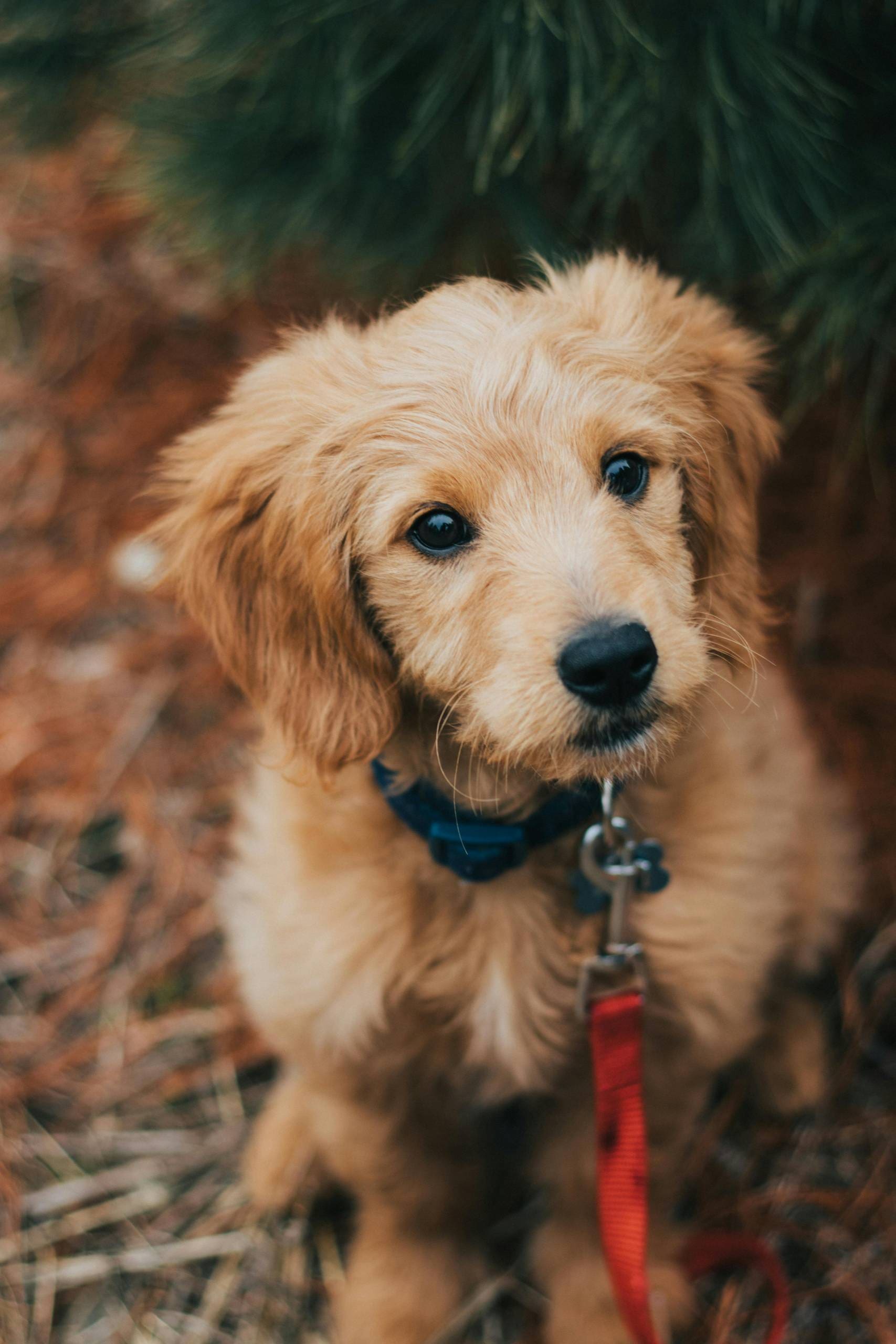
The Length of Puppyhood
The length of time a dog is considered a puppy varies depending on their breed and size. Generally, puppies are considered to be in their “puppy stage” from birth until they reach sexual maturity, which typically occurs between 6 and 24 months. Smaller breeds tend to mature faster, with some reaching adulthood by the age of 6 months, while larger breeds can take up to 2 years to fully mature.
Developmental Stages
Puppyhood can be divided into several developmental stages. The neonatal stage, which lasts from birth to two weeks old, is a time when puppies are entirely dependent on their mother for nourishment and warmth. From two to four weeks, they enter the transitional stage, during which they begin to open their eyes and ears and start to explore their environment. The socialization stage, which occurs from three to twelve weeks, is crucial for a puppy’s emotional development. This is the time when they learn to interact with other dogs, humans, and their surroundings. The juvenile stage, from three to six months, is marked by increased independence and the beginning of teething. Finally, the adolescent stage, from six to eighteen months, sees the puppy becoming sexually mature and fully transitioning into adulthood.
What to Expect
During the puppy stage, expect a whirlwind of activities and emotions. Puppies are curious, energetic, and eager to explore. They will need constant supervision, training, and socialization to ensure they grow into well-adjusted adult dogs. This period is a critical time to establish good behaviors and habits, as puppies are highly impressionable and learn quickly. Be prepared for sleepless nights, potty training, and the occasional chewed-up shoe. Patience, consistency, and lots of love will be your best tools in guiding your puppy through this formative stage.
Caring for Your Puppy
Proper care during the puppy stage is essential for a dog’s long-term health and happiness. This includes regular veterinary check-ups, vaccinations, a nutritious diet, plenty of exercise, and mental stimulation. Providing a safe and stimulating environment, along with positive reinforcement training, will lay the foundation for a well-behaved and well-adjusted adult dog. Remember, your puppy is not just a pet but a family member who relies on you for guidance, love, and care.
The puppy stage is a magical, albeit challenging, time in a dog’s life. Understanding the various developmental stages and being prepared for the unique needs of a growing puppy will help you navigate this period successfully. Embrace the chaos, cherish the cuddles, and enjoy watching your puppy transform into a loyal and loving companion. Remember, the investment you make in your puppy’s early years will pay off in a lifetime of happiness and companionship.
[/fusion_text]

